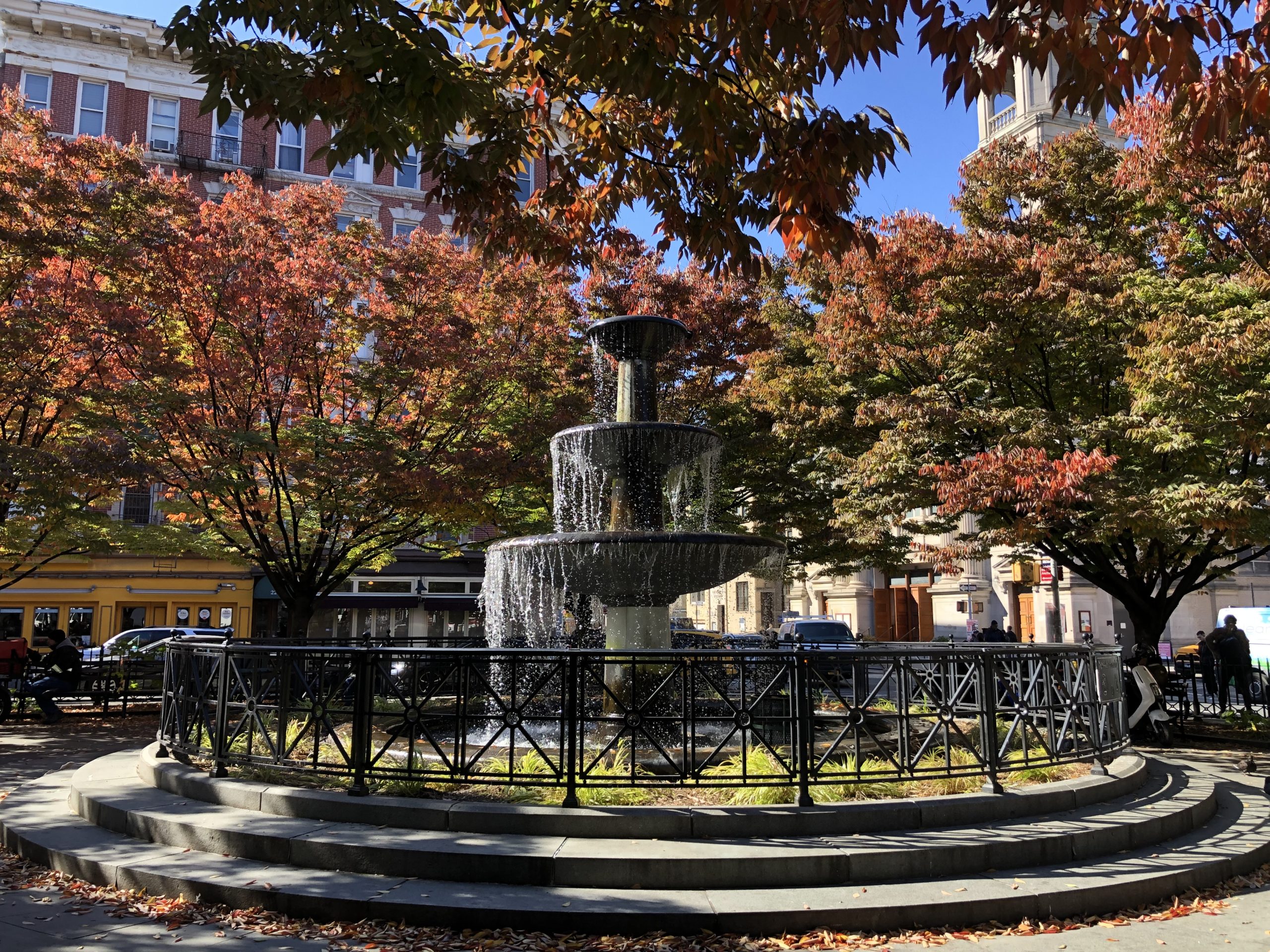
Last week, I attended the 2022 National Center on Philanthropy and the Law Annual Conference. The theme this year was: Standards for Exemption: Old Rules, New World.
The National Center on Philanthropy and the Law (NCPL) was established in 1988 at New York University School of Law (NYU School of Law) to explore a broad range of legal issues affecting the nation’s nonprofit sector and to provide an integrated examination of the legal doctrines related to the activities of charitable organizations. The NCPL’s goals of increasing the knowledge of students, faculty, scholars, attorneys, and nonprofit organizations worldwide in the area of law and philanthropy and improving the practice of law in this field are realized through the following eight core activities:
Curriculum
Conferences
Scholarly Research
Bibliography
Fellowships
Library Collection
Career Counseling
Faculty Development
At the Conference, five draft papers were presented by their respective authors followed in each case by responses from two designated commentators and then from the floor. Attendees included about 50 highly respected and well-experienced academics, practitioners, and regulators from across the country. The papers were from some of the most respected scholars in the field, and they were all open to rigorous review and open discussion from the attendees.
For this first time attendee (and member of the NCPL Advisory Board), the Conference was tremendously enlightening and enjoyable, albeit a bit intimidating. While some may consider the meeting attendees to be part of some sort of ‘cool kids’ club, I felt very differently. The Conference was a convening of high level thinkers who elevated the discussion on certain difficult legal issues so they can be shared more broadly with students, practitioners, policy makers, and others.
As I further process some of the discussion, my thoughts on the definition of charitable under 501(c)(3), laws regarding prohibited private benefit, Constitutional considerations related to nonprofit speech, problems with current law on commerciality, and the influence of information technology on disclosure issues will be better informed when I share such topics with students, readers, colleagues, clients, and others.
Certainly, more diversity at the Conference is needed, and this was acknowledged several times by attendees. It was also helpful to know that the NCPL honors requests to audit the meeting, subject to certain rules of conduct.
NCPL Resources
For those interested in the resources provided by the NCPL, please visit the following webpages:
Conference Proceedings (the 2022 papers should eventually be found here too), including on the following Conference topic areas:
- Revisiting Bob Jones University: Seeking Clarity on Fundamental Public Policy After 35 Years (2018)
- Social Welfare Organizations: Better Alternatives to Charities? (2017)
- Wrestling With Donor Intent: Strategies for Enforcement or Relaxation (2016)
- Elasticity of the Boundaries: What Is (And What Isn’t) Charitable? (2015)
- Regulation or Repression: Government Policing of Cross-Border Charity (2014)
- The Charitable Contribution Deduction: Reform and Simplification? (2012)
Legal Bibliography, which is intended to comprise all English language secondary source materials, both domestic and international, pertaining to the law of nonprofit organizations.
Teachers of Nonprofit Law: Syllabi Project
The NCPL provides excellent resources for academics designing a nonprofit law class for law school or a graduate management program.
Syllabi Collection (updated June 2022)
Law Students and Lawyers Interested in Nonprofit Law
The NCPL also provides career advising services for law school students and lawyers nationwide who are interested in working in the nonprofit sector. Even though the NCPL is housed at NYU, these services are not limited to NYU students and alum.
These services facilitate job searches of interested students and attorneys and provide a clearinghouse of candidates for nonprofits seeking interested and capable attorneys. By utilizing the NCPL and NYU Law School resources to facilitate nonprofit job searches for law students and attorneys nationwide, the NCPL hopes to expand significantly the number of attorneys choosing to work in the nonprofit sector. Providing nonprofit organizations worldwide with access to lawyers educated in the law affecting nonprofit organizations is an invaluable service that the NCPL provides to the nonprofit sector.
https://ncpl.law.nyu.edu/careeradvising/